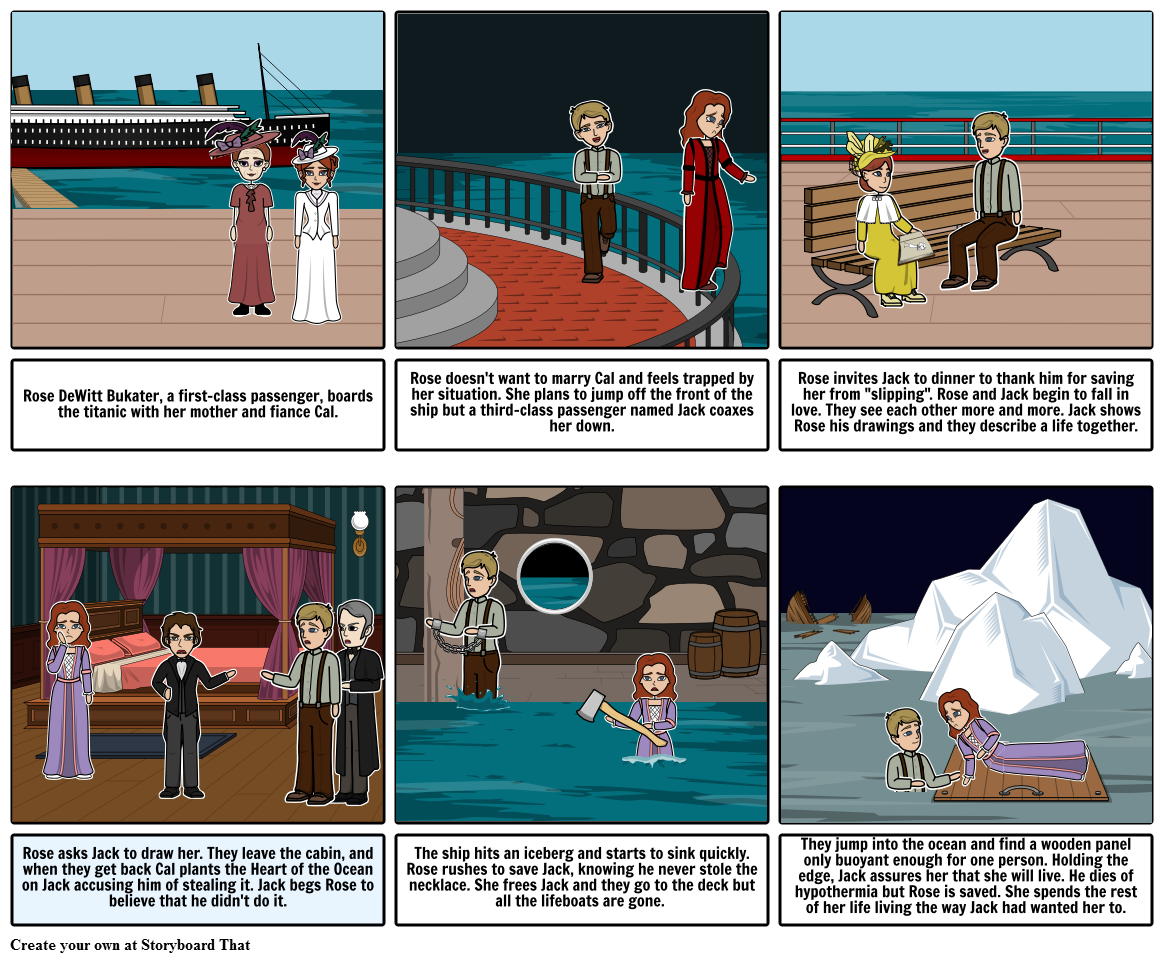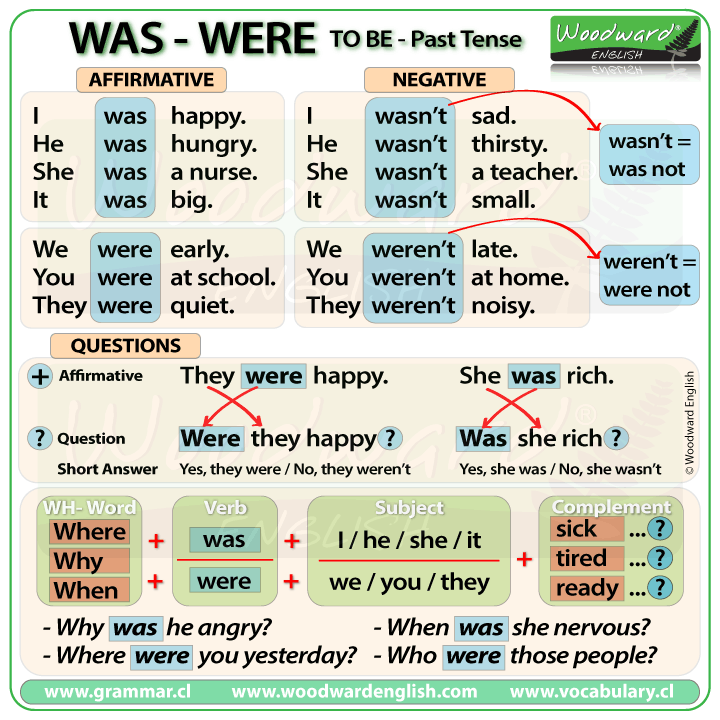Your teacher Paco
jueves, 18 de junio de 2020
Friday 19th of June
This is going to be our last class, the course is ending and this atypical year has left us without face to face classes, so I beg next course will be normal, and if it is possible better. I hope you spend really good holidays But remember I will stay at school until the end of June on Tuesdays and Thursdays from 11:00 to 13:00.
miércoles, 17 de junio de 2020
Thursday 18th of June
Giving personal information, una ficha interactiva de SoleLiria
liveworksheets.com
liveworksheets.com
martes, 16 de junio de 2020
lunes, 15 de junio de 2020
Monday 15th of June
Reading - All about me, una ficha interactiva de TeacherAleG
liveworksheets.com
liveworksheets.com
jueves, 11 de junio de 2020
Friday 12th of June
Weather, una ficha interactiva de wicho
liveworksheets.com
liveworksheets.com
Opposites: listen and choose, una ficha interactiva de victor
liveworksheets.com
liveworksheets.com
miércoles, 10 de junio de 2020
Thursday 11th of June
preposition- house, una ficha interactiva de Minhhien
liveworksheets.com
liveworksheets.com
Subject and Oject Pronouns, una ficha interactiva de karagozian
liveworksheets.com
liveworksheets.com
martes, 9 de junio de 2020
Wednesday 10th of June
Past simple - Regular and irregular verbs, una ficha interactiva de aguerogimena
liveworksheets.com
liveworksheets.com
Irregular verbs, una ficha interactiva de manuelpolojimenez
liveworksheets.com
liveworksheets.com
lunes, 8 de junio de 2020
Tuesday 9th of June
Easter hollydays, una ficha interactiva de gardel_202030
liveworksheets.com
liveworksheets.com
Simple Past Tense with Mrs.Burcak:), una ficha interactiva de Burcak
liveworksheets.com
liveworksheets.com
domingo, 7 de junio de 2020
Monday 8th of June
4 tenses revision, una ficha interactiva de mada_1
liveworksheets.com
liveworksheets.com
Past simple - irregular verbs, una ficha interactiva de plemos
liveworksheets.com
liveworksheets.com
jueves, 4 de junio de 2020
Friday 5th of June
Push on the picture and it will take you to this lesson , which is about conjunctions.
Thursday 4th of June
Past Simple. Regular and Irregular Verbs., una ficha interactiva de neinman
liveworksheets.com
liveworksheets.com
Past simple, una ficha interactiva de Isabelcorbalan
liveworksheets.com
liveworksheets.com
martes, 2 de junio de 2020
Wednesday 3rd of June
PAST SIMPLE (irregular verbs), una ficha interactiva de deborah27
liveworksheets.com
liveworksheets.com
Past Simple - Nikola Tesla, una ficha interactiva de ml75
liveworksheets.com
liveworksheets.com
domingo, 31 de mayo de 2020
Tuesday 2nd of June
We are going to talk about present continuous. Push on this picture and learn on this link.
What are they doing? (writing), una ficha interactiva de victor
liveworksheets.com
liveworksheets.com
Present Simple vs Present Continuous, una ficha interactiva de jecika
liveworksheets.com
liveworksheets.com
viernes, 29 de mayo de 2020
Monday 1st of June
I remember you I'll stay at school on Tuesdays and Wednesdays from 11:00 to 13:00. You'll have to wear mask and if you want to apply for, you should take a copy of your identity-card and a ballpen if it's necessary.
Today this class we are going to talk about things we used to do in the past, but we don't do nowdays.
Used to, didn't use to, did ... use to?, una ficha interactiva de mada_1
liveworksheets.com
liveworksheets.com
jueves, 28 de mayo de 2020
Friday 29th of May
Titanic a real story, documentary, book, film and song.

If you want to learn something more about this ship, please push on this picture:

If you want to learn something more about this ship, please push on this picture:
And now, a short documentary about it.
The book:
At last the song:
Thursday 28th of May
PETER and the wolf, una ficha interactiva de Poppingdale
liveworksheets.com
liveworksheets.com
Irregular verbs, una ficha interactiva de mashilo27
liveworksheets.com
liveworksheets.com
martes, 26 de mayo de 2020
Wednesday 27th of May
Today we are going to learn about past simple, but with irregular verbs. Push on the picture and enjoy.
Simple Past Harry Potter, una ficha interactiva de Margus
liveworksheets.com
liveworksheets.com
lunes, 25 de mayo de 2020
Tuesday 26th of May
Thank you for your help. I have received some applications. Please students can send me applications I think it will be better for all.
Past Simple - Regular Verbs, una ficha interactiva de rimaslavin
liveworksheets.com
domingo, 24 de mayo de 2020
Monday 25th of May
Past simple tense, una ficha interactiva de jecika
liveworksheets.com
liveworksheets.com
viernes, 22 de mayo de 2020
jueves, 21 de mayo de 2020
Friday 22nd of May
"Había" en inglés: cómo usar "there was" y "there were" - clase exprés
La afirmativa (singular)
There
|
+
|
verbo to be
| + complemento |
There
|
+
|
was
|
a book.
|
La afirmativa (plural)
There
|
+
|
verbo to be
| + complemento |
There
|
+
|
were
|
some books.
|
La negativa (singular)
There
|
+
|
verbo to be
| + | not | + complemento |
There
|
+
|
was
|
+
|
not
| a book. |
La negativa (plural)
There
|
+
|
verbo to be
| + | not | + complemento |
There
|
+
|
were
|
+
|
not
| any books. |
La interrogativa (singular)
verbo to be
|
+
|
there
| + complemento |
Was
|
+
|
there
|
a book?
|
La interrogativa (plural)
verbo to be
|
+
|
there
| + complemento |
Were
|
+
|
there
|
any books?
|
El pasado funciona igual que el presente: en el afirmativo (plural) usamos some mientras que en el negativo (plural) e interrogativo (plural) usamos any.
Was - were - there was - there were, una ficha interactiva de traute
liveworksheets.com
liveworksheets.com
miércoles, 20 de mayo de 2020
Thursday 21st of May
The past tense of To Be in English has two forms: WAS and WERE
To Be - Affirmative
| Subject | To Be | Examples |
|---|---|---|
| I | was | I was tired this morning. |
| You | were | You were very good. |
| He | was | He was the best in his class. |
| She | was | She was late for work. |
| It | was | It was a sunny day. |
| We | were | We were at home. |
| You | were | You were on holiday. |
| They | were | They were happy with their test results. |
To Be - Negative Sentences
The negative of To Be can be made by adding not after the verb (was or were).
| Subject | To Be | Examples |
|---|---|---|
| I | was not | I was not tired this morning. |
| You | were not | You were not crazy. |
| He | was not | He was not married. |
| She | was not | She was not famous. |
| It | was not | It was not hot yesterday. |
| We | were not | We were not invited. |
| You | were not | You were not at the party. |
| They | were not | They were not friends. |
To Be - Negative Contractions
The can make negative contractions of the verb To Be in the Past tense by joining the verb (was or were) and n't (e.g. were not = weren't). We don't make a contraction of the subject and the verb (e.g. I was).
| I was not tired this morning. | OR | I wasn't tired this morning. |
| You were not crazy. | OR | You weren't crazy. |
| He was not married. | OR | He wasn't married. |
| She was not famous. | OR | She wasn't famous. |
| It was not hot yesterday. | OR | It wasn't hot yesterday. |
| We were not invited. | OR | We weren't invited. |
| You were not at the party. | OR | You weren't at the party. |
| They were not friends. | OR | They weren't friends. |
To Be - Questions
To create questions with To Be, you put the Verb before the Subject.
| Affirmative | You | were | happy. |
|---|---|---|---|
| Subject | Verb | ||
| Question | Were | you | happy? |
| Verb | Subject | ||
| Affirmative | Question |
|---|---|
| I was late | Was I late? |
| You were sick. | Were you sick? |
| He was surprised. | Was he surprised? |
| She was from Italy. | Was she from Italy? |
| It was a big house. | Was it a big house? |
| We were ready. | Were we ready? |
| You were early. | Were you early? |
| They were busy. | Were they busy? |
Before the verb you can also have a WH- Question word (Why, Who, What, Where etc.)
Were you happy? Yes, I was.
Why were you happy? Because I was promoted at work.
To Be - Short Answers
In spoken English, we usually give short answers in response to questions.
Was he from Japan? - Yes, he was (from Japan). The last part (from Japan) is not necessary. We use shorts answers to avoid repetition, when the meaning is clear.
| Question | Short Answers** | Short Answers |
|---|---|---|
| Was I late? | Yes, you were. | No, you weren't. |
| Were you sick? | Yes, I was. | No, I wasn't. |
| Was he surprised? | Yes, he was. | No, he wasn't. |
| Was she from Italy? | Yes, she was. | No, she wasn't. |
| Was it a big house? | Yes, it was. | No, it wasn't. |
| Were we ready? | Yes, we were. | No, we weren't. |
| Were you early? | Yes, we were. | No, we weren't. |
| Were they busy? | Yes, they were. | No, they weren't. |
** With To Be, We don't use contractions in affirmative short answers.
See more about Past Tense Short Answers
TO BE in the Past Tense - Summary Chart

Verb to be in the Present Simple & the Past Simple, una ficha interactiva de Mirabai
liveworksheets.com
liveworksheets.com
martes, 19 de mayo de 2020
Wednesday 20th of May
Hello students, I'm really happy cause I got some emails about people were interested in the next course. Please, if it is possible write your name in the email, because I don't know who could send it. Yesterday people I knew them, but for other people, please name and surname, that's all for the moment.
Thank you.

Thank you.
Have vs Have got: ¿En qué se diferencian?

¿Cuándo usar have? ¿Cuándo usar have got? Have vs Have got. A pesar del nivel que puedas tener, seguro que alguna vez te has encontrado con algún problema al usar construcciones que usan estos verbos.
Ambos significan «poseer». Ante la duda, usa Have y conjúgalo como cualquier otro main verb (drive, drink, etc.).
Como norma general, basta con que sigas el consejo anteriormente dado. Si quieres profundizar un poco más, puedes seguir leyendo.
Para empezar, veamos unos ejemplos simples de cómo se usan estos verbos en frases afirmativas:
I have got a car. (tengo un coche)I have a car. (tengo un coche)
Entonces, ¿cuál es la diferencia entre have y have got? Veamos, ambas significan «tener», sin casos particulares ni acepciones distintas. Ahora, enumeremos sus diferencias: Have vs have got.
- Have got solo se puede usar en presente simple (simple present), en otros tiempos verbales, hay que usar have.
- Have got es más usada en inglés británico mientras que have es la forma que se usa normalmente en inglés americano.
- Si bien have got únicamente cuenta con el significado «tener», have sí dispone de otros significados (tomar, haber…).
I will have a cup of tea. (tomaré una taza de té)I will have got a cup of tea.(esta frase sería incorrecta)
- Otra diferencia entre ellas se encuentra en la forma en que construimos las frases interrogativas. Del mismo modo, sus formas interrogativas son muy simples.
Con have : Do/does + sujeto + have + predicado + ?Do you have a car? (¿tienes un coche?)Con have got: Have/has+ sujeto + got + predicado + ?Have you got a car? (¿tienes un coche?)
- Por último, hay que tener especial cuidado con su uso en forma negativa. Seguro que en alguna ocasión hemos visto escrito «I haven’t a car«, pues bien, esto es incorrecto. Veamos como se construyen frases negativas.
Con have got: Sujeto + have/has + not + got + predicadoI haven’t got a car. (no tengo un coche)Con have: Sujeto + do/does + not + have + predicadoI don’t have a car. (no tengo un coche)
Como vemos, «have not» solo se usa con «have got» , además, «have» es necesario usar el verbo auxiliar «do» seguido de la partícula negativa «not«.
La tercera persona tened en cuenta que se utiliza "has got" y que se puede contraer
Reading test, una ficha interactiva de clarinha
liveworksheets.com
liveworksheets.com
lunes, 18 de mayo de 2020
Tuesday 19th of May
Buenos días, pues ya os puedo dar un poco de información al respecto de la matrícula. Las matrículas oficialmente se hacen en junio, pero yo en principio lo que necesito es que mandéis un correo comunicándome el curso que queréis y el turno, tarde o mañana. Supongo que la mayoría repetirá, pero si lo que desea es pasar al siguiente que lo diga. El correo ya sabéis cual es, el que tenéis en el blog a la derecha. Los que estáis en grupos de whapsapp por favor pasadlo a los compañeros, porque son muchos los que no entran en el blog para hacer las fichas o entran de tarde en tarde.
Countable - Uncountable nouns, una ficha interactiva de traute
liveworksheets.com
Suscribirse a:
Comentarios (Atom)









